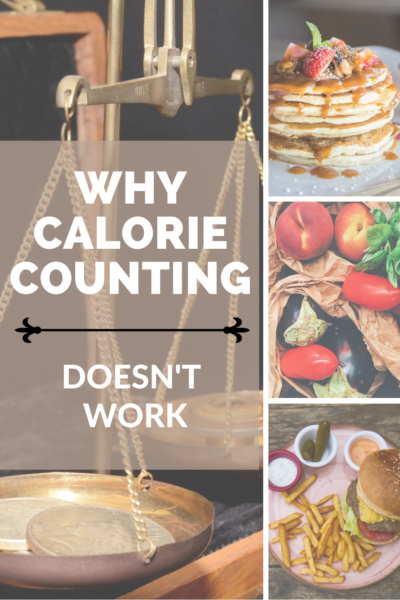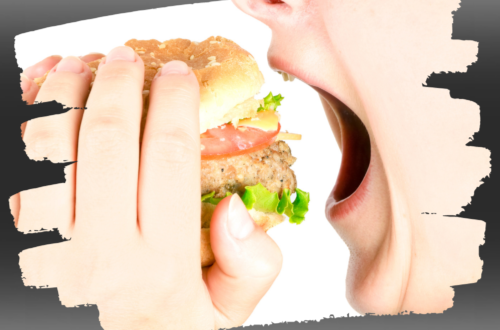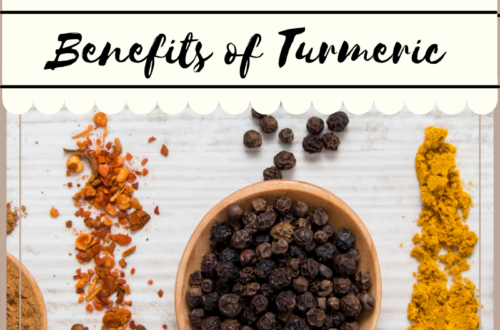When deciding what you’re going to eat, is a calorie just a calorie? If you just stay within your recommended allowance of calories for the day is that all that matters? Could it be that the types of foods and drinks you consume make little difference and what really matters is the calorie count? Yes, the numbers may be the same, but there is so much more involved when thinking about what you consume as fuel for your body.
Calories are just one measurement of food content. There is so much more to healthy nutrition than calories and that’s why calorie counting doesn’t work as a way to effectively reach your health and fitness goals.
As I said, food is used as fuel for your body. It’s meant to provide nourishment and give you the energy to do the things you need to do in your life. Not only does your body need calories, it needs things like protein, fat, carbohydrates, vitamins, and minerals to keep it working properly. Calorie counting doesn’t work because it doesn’t take into account any of these other factors.
What Do Vitamins Do For You?
- Bone formation would be impossible without vitamins A, D, and K.
- Vitamin A also helps keep cells healthy and protects your vision.
- Without vitamin E, your body wouldn’t be able to absorb and store vitamin A.
- Vitamin E also acts as an antioxidant (a compound that helps protect the body against damage from unstable molecules).
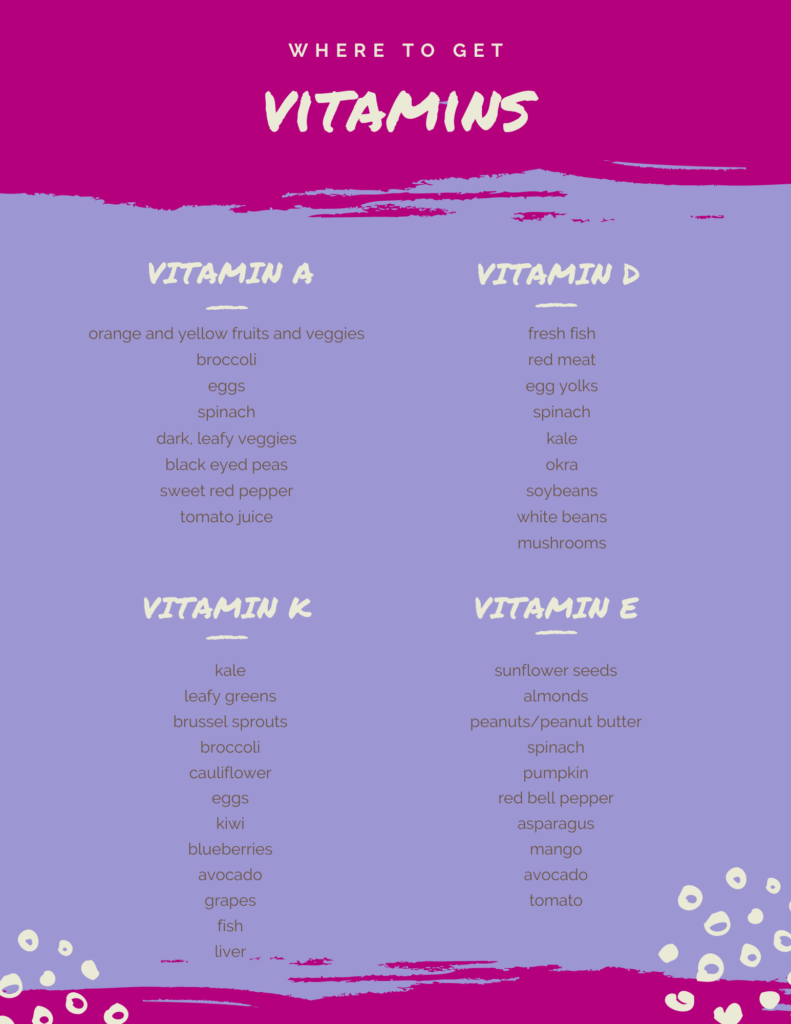
Why We Need Minerals
- Iron carries oxygen throughout the body.
- Fluoride strengthens bones and prevents tooth decay.
- Zinc helps blood clot, is essential for taste and smell, and boosts immunity.
- Calcium, phosphorus, and magnesium are important for healthy bones.
- Sodium, chloride, and potassium are responsible for maintaining the proper balance of water in the body.
- Sulfur helps stabilize protein structures, including some of those that make up hair, skin, and nails.
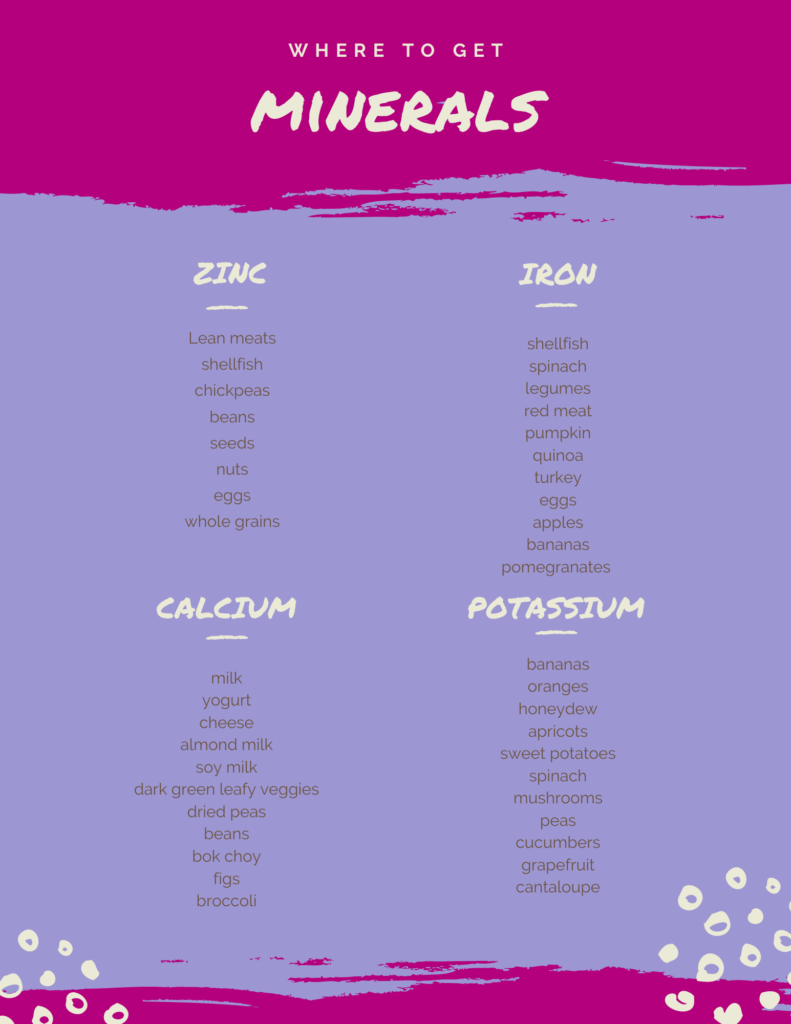
Vitamins and minerals are considered micronutrients. We also need macronutrients (protein, fat, and carbohydrates).
Carbohydrates are your body’s main source of energy: They are fuel your brain, kidneys, heart muscles, and central nervous system. Fiber is a carbohydrate that helps with digestion, helps you feel full, and keeps blood cholesterol levels in check.
Proteins, which are made up of amino acids, build and repair muscles and bones and make hormones and enzymes. They can also be used as an energy source. Fat helps the body absorb vitamin A, vitamin D and vitamin E.
How can you maintain a healthy lifestyle without all the nutrients above. Now are you starting to see why calorie counting doesn’t work? It doesn’t take the big picture into account.
Another Reason Calorie Counting Doesn’t Work?
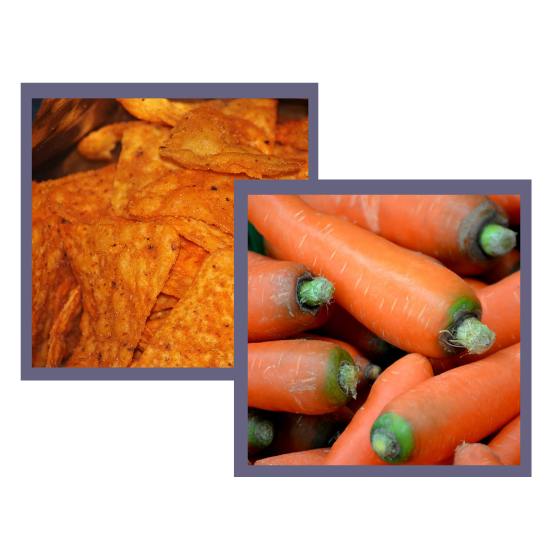
Let’s compare some foods you might eat. One common snack food for example, is Doritos. A serving size of Doritos is 15 chips. Fifteen Doritos are 150 calories and don’t provided much in terms of vitamins and minerals except for a little bit of calcium. You also get 2 grams of protein and 8 grams of fat in those 15 chips. Most people don’t stop at 15 chips though. It’s unlikely to feel satisfied after that amount. You could eat a whole 15oz. bag of baby carrots for the same 150 calories and you’re getting calcium, iron, and potassium. There’s no fat in carrots and just a small amount of protein.
Most people are not going to eat a whole bag of baby carrots all at once, you’re likely to feel full before you get to the bottom of the bag. If you were just counting calories and didn’t care about the quality of the foods you eat, you would take in enough calories, but not enough of the macro and micronutrients you need.
Calorie Counting Leads to Dissatisfaction
So, I mentioned how you’re going to feel full before you eat 150 calories of something like baby carrots. It’s easy to eat much more than 150 calories of Doritos though, right? Lower quality foods that don’t provided as much nutritional value tend to be smaller in volume compared to the calories they contain, therefore you’re more likely to take in large quantities of calories without feeling satisfied. If you don’t feel satisfied, then you’re probably going to just keep eating until you do. Or, if you’re abiding by consuming a certain number of calories, your going to feel hungry and dissatisfied most of the time.
The types of nutrients in different foods also contributes to how much and how often you eat. Eating starchy and highly sweetened foods do not keep you feeling full and satisfied for very long. Your body processes them pretty quickly and you want to eat again soon.
If you eat foods that contain more lean protein your body will take longer to process those foods. Taking longer means you feel full longer and don’t feel the need to eat again soon afterwards.
Not only will you eat less and feel full longer after eating more nutrient dense foods, but you might not even be able to store as many calories as fat from them either. The body expends about 25-30% of the calories from protein just to digest it. It only takes about 5-10% of the calories to digest refined grains.
Now you know, not all calories are digested the same or as easily stored as fat. Just another reason, that calorie counting doesn’t work.
Now You Know Why Calorie Counting Doesn’t Work
As you can see, there is more to consider about what you are eating and drinking than just the number of calories. You don’t want to completely disregard the amount of calories you consume, since eating more than you burn will lead to excess fat storage and weight gain. But, you should also consider what you are consuming for what it is actually doing for you. I get that the chips might be more enticing, especially if you’re not used to eating vegetables, but give it a try.
Food should enhance your life and how you feel, not just keep you alive and make you feel full in the short term. Consuming a variety of different foods is key to getting all of the different micro and macronutrients your body needs for optimal performance. If you put junk in, you’ll get junk out. Eat well, feel well, live longer!
If calorie counting was effective, there would be a lot less people looking for the answer to living healthier, but calorie counting doesn’t work for most people.
If you’re a busy Mom like me and looking for other simple ways to improve your energy, confidence, and overall health feel free to reach out. I’d love to help you figure out what might be holding you back.

